The Eternal Glow: How India Celebrates Diwali with Timeless Tradition
20, Oct 2025
16
Diwali, or Deepavali, is much more than a single-day public holiday; it is a five-day symphony of spirituality, family, and brilliant illumination that lights up every corner of India. While modern celebrations feature electric lights and grand parties, the true soul of the festival lies in its ancient, deeply meaningful rituals.
If you want to understand the heart of India's most cherished festival, you must know the traditional methods used to celebrate, and the profound 'why' behind them.
1. The Core Symbol: Lighting the Earthen Diyas
The very word 'Deepavali' in Sanskrit translates to "row of lights." This is the most central and symbolic tradition that gives the festival its name.
The Traditional How
Weeks before the main day, homes are deep-cleaned, and clutter is removed. On the main night, families meticulously place small, hand-made earthen oil lamps called diyas in every window, doorway, and corner of the house. These lamps are traditionally filled with mustard oil or ghee (clarified butter) and lit with a cotton wick, casting a warm, flickering glow.
The Profound Why: Victory of Light Over Darkness
Lighting the diya is not just decoration; it is a profound spiritual ritual:
-
The Legend: The tradition dates back thousands of years and is believed to commemorate the return of Lord Rama to his kingdom of Ayodhya after 14 years of exile and the defeat of the demon king Ravana. The people lit up the entire city with diyas to guide his path home and celebrate the triumph of righteousness (Dharma) over evil.
-
The Philosophy: The flame of the diya represents knowledge over ignorance, good over evil, and hope over despair. By lighting these lamps, families symbolically invite positive energy, wisdom, and the blessings of the divine into their homes, driving away spiritual darkness.
2. Inviting Prosperity: Lakshmi Puja and Rangoli
The third and main day of Diwali is dedicated to the worship of Goddess Lakshmi, the deity of wealth and prosperity, and Lord Ganesha, the remover of obstacles.
The Traditional How
The preparation begins on the first day, Dhanteras, where it is considered auspicious to purchase new items, especially gold, silver, or new utensils, as a sign of welcoming new wealth.
On the night of the main Diwali, the home's entrance is adorned with vibrant floor art called Rangoli, intricate, symmetrical patterns made from coloured powders, rice, or flower petals. Tiny footprints of the Goddess Lakshmi, made from vermillion powder, are often drawn from the main entrance leading into the house to signify her arrival. In the evening, the family gathers to perform Lakshmi Puja, offering prayers, flowers, sweets, and performing rituals to seek blessings for wealth, health, and success.
The Profound Why: Blessings for the New Year
-
Purity and Welcome: The meticulous cleaning and the beautiful Rangoli are essential to prepare the home. It is believed that Goddess Lakshmi only enters a clean, brightly lit, and welcoming environment, bringing good fortune for the year ahead.
-
Auspicious Beginning: For many communities, Diwali marks the beginning of the Hindu financial year. Worshipping Lakshmi and Ganesha is a way to set positive intentions for new ventures, business, and earnings.
3. The Power of Togetherness: Feasting and Sharing
Diwali is not just a personal worship; it is an occasion for the community to bond and for families to reunite.
The Traditional How
Every household is transformed into a small factory preparing an array of traditional sweets (mithai) and savoury snacks. From laddoos and barfis to mathri and chakli, these delicious treats are then generously exchanged with neighbours, friends, and relatives in decorative boxes and trays. Families wear new, colourful traditional clothes, and cross-country visits are common to ensure loved ones celebrate together.
The Profound Why: Unity and Generosity
-
Community Spirit: The tradition of sharing food and visiting loved ones fosters a profound sense of community unity and generosity. It symbolizes breaking bread together and sharing the joy and prosperity of the festival.
-
New Beginnings: Wearing new attire signifies a fresh start for the upcoming year, washing away the old and embracing a period of renewal, positivity, and hope.
4. The Five-Day Journey of Deepavali
The traditional celebration is actually a five-day affair, each day having a unique ritual and meaning:
DayNameSignificanceDay 1DhanterasWorship of Lord Dhanvantari (God of Health) and Goddess Lakshmi; purchasing gold/utensils.Day 2Naraka ChaturdashiKnown as Choti Diwali; commemorates Lord Krishna's defeat of the demon Narakasura.Day 3Lakshmi PujaThe main day; worship of Goddess Lakshmi and the lighting of diyas.Day 4Govardhan PujaHonours Lord Krishna's feat of lifting Govardhan Hill; or marks the beginning of the New Year (in some regions).Day 5Bhai DoojCelebrates the sacred and protective bond between brothers and sisters.
share Share now
.png)
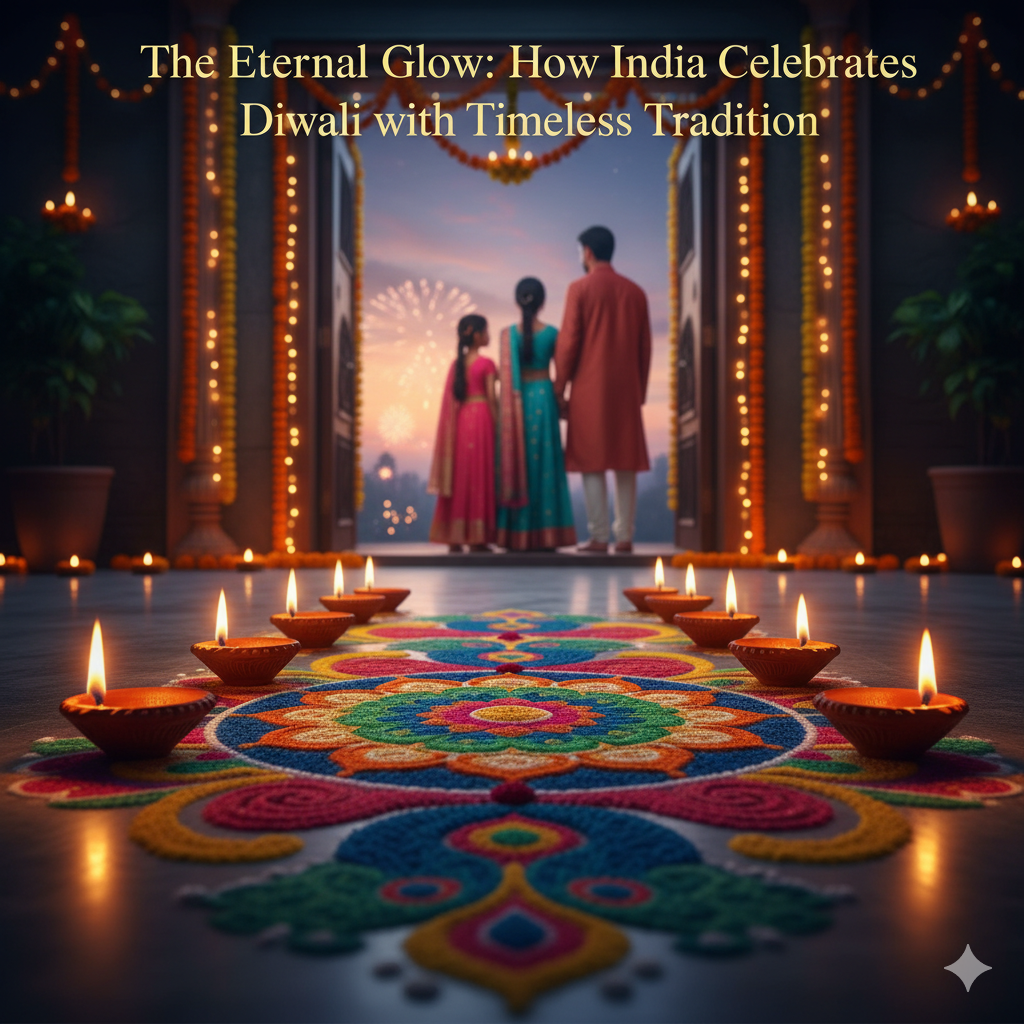


.jpg)

-in-india.-the-image-should-feature-a-represen.webp)

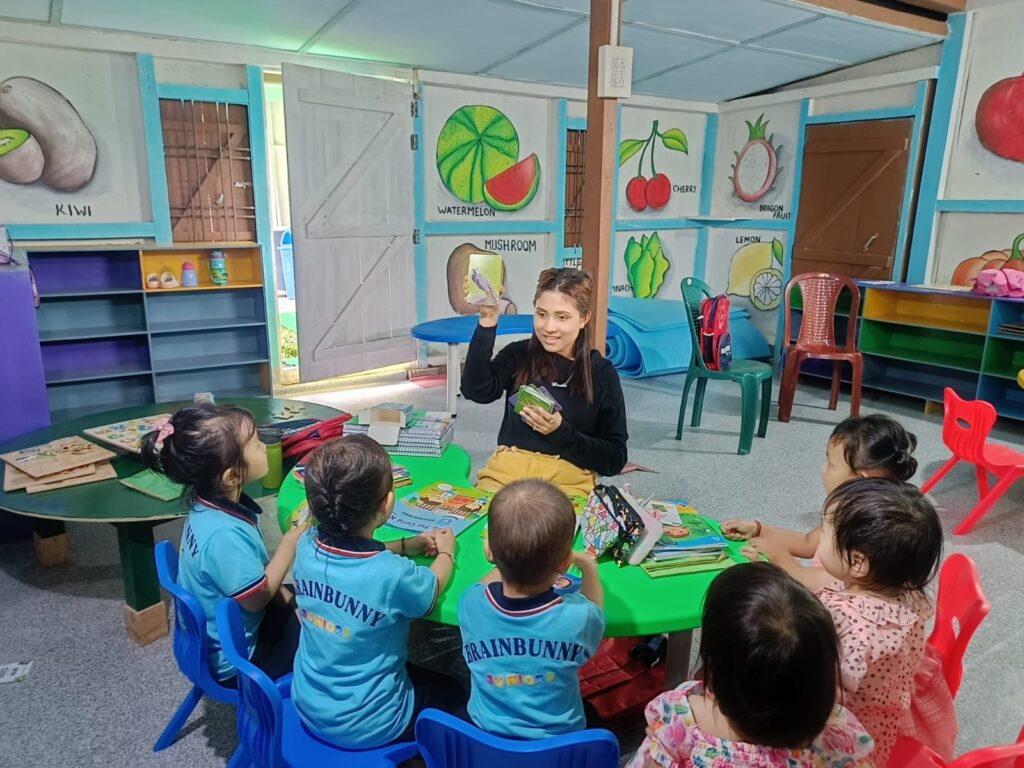
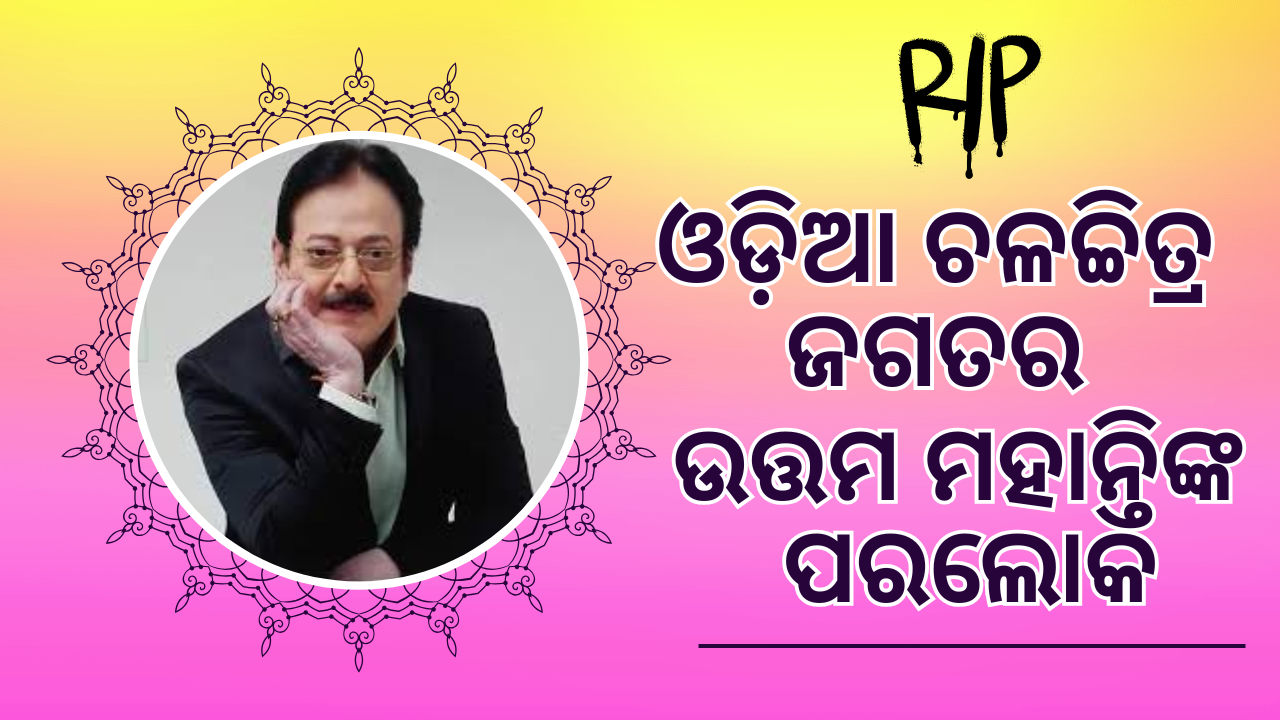
.png)
.jpg)
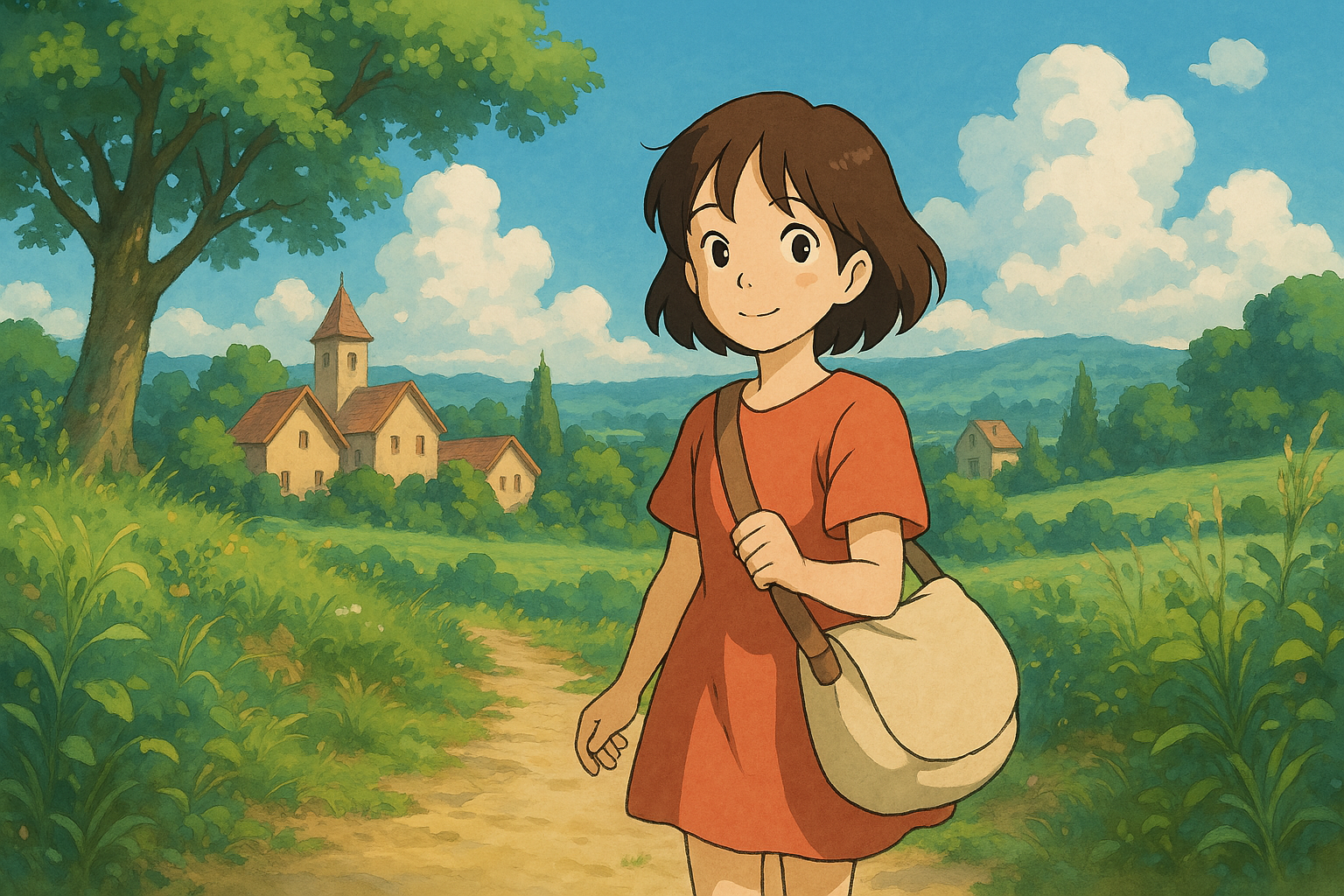
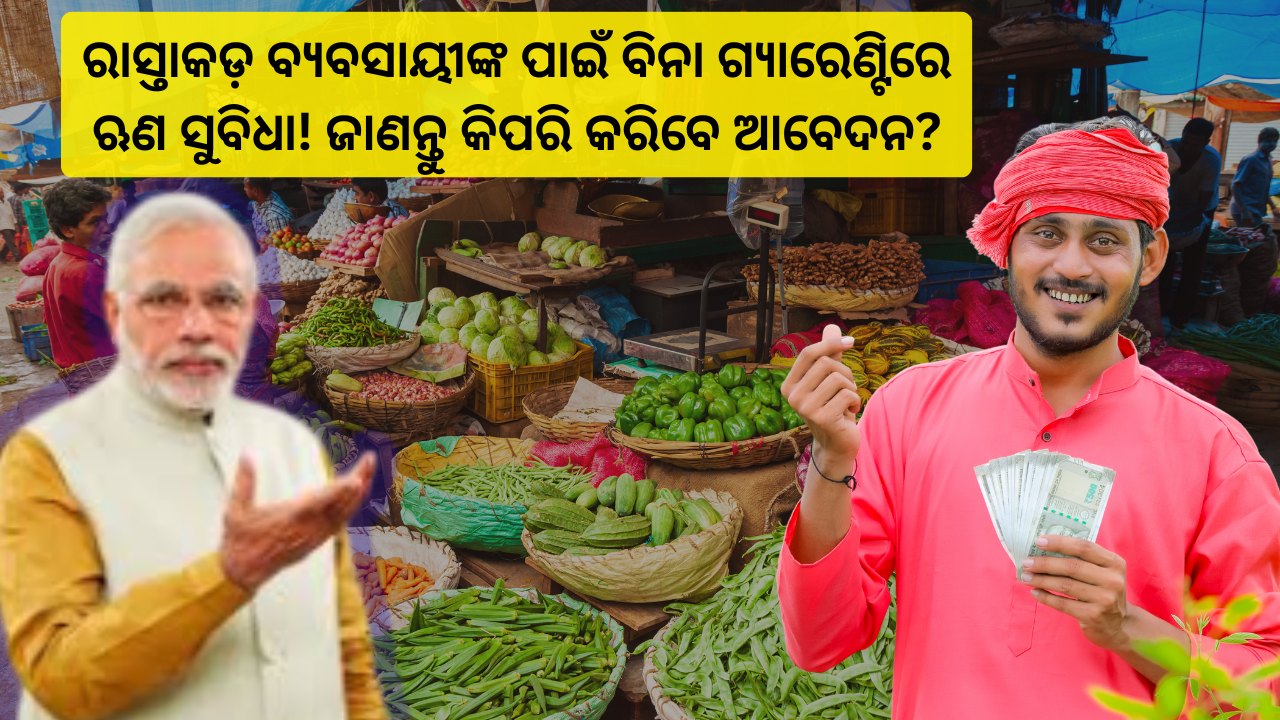
.jpg)










